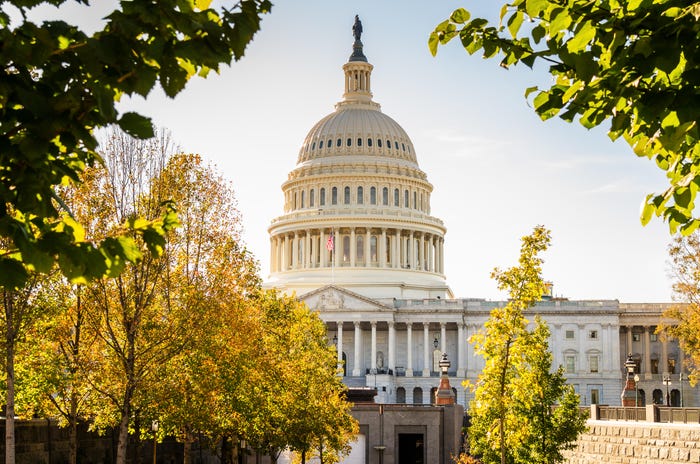With many cities facing a fiscal cliff as ARPA funding ends, debt ceiling debate continues on Capitol HillWith many cities facing a fiscal cliff as ARPA funding ends, debt ceiling debate continues on Capitol Hill

As debate over the debt ceiling continues, cities and counties across the nation are facing an uncertain future as American Rescue Plan Act funding dries up. The federal government reached its spending cap of $31.4 trillion, previously set in 2021, in January. Since then, with lawmakers on Capitol Hill locked in impasse, the U.S. Department of the Treasury has been paying the nation’s bills from cash reserves.
But those reserves will soon run out. Treasury Secretary Janet Yellen warned in a letter to House Speaker Kevin McCarthy that the government could default on its debts in coming weeks if an agreement isn’t reached. Yellen highlighted the detrimental economic impact of delayed compromise on the economy, which is already being felt.
“We have learned from past debt limit impassses that waiting until the last minute to suspend or increase the debt limit can cause serious harm to business and consumer confidence, raises short-term borrowing costs for taxpayers, and negatively impacts the credit rating of the United States,” Yellen wrote. “In fact, we have already seen the treasury’s borrowing costs increase substantially for securities maturing in early June.”
Given the implications, public officials and local government advocates are calling on Congress to put aside their differences and reach an agreement as soon as possible.
“We are coming down to the wire on preventing a default on the national debt, which would be devastating for local governments and their residents. While we commend the White House and Congressional leadership for coming to the table, there is no time to lose,” said Clarence Anthony, CEO and executive director of the National League of Cities (NLC) in a statement. “Short-term rates are already at significantly higher levels than in recent history. A default by the federal government would likely cause those rates to skyrocket temporarily, making it unfeasible for local governments to utilize short-term borrowing facilities.”
With interest rates high, cities and counties would have to “delay or cancel many projects, such as bridges and sewer system upgrades, until interest rates return to normal,” Anthony continued.
To read the complete article, visit American City & County.


